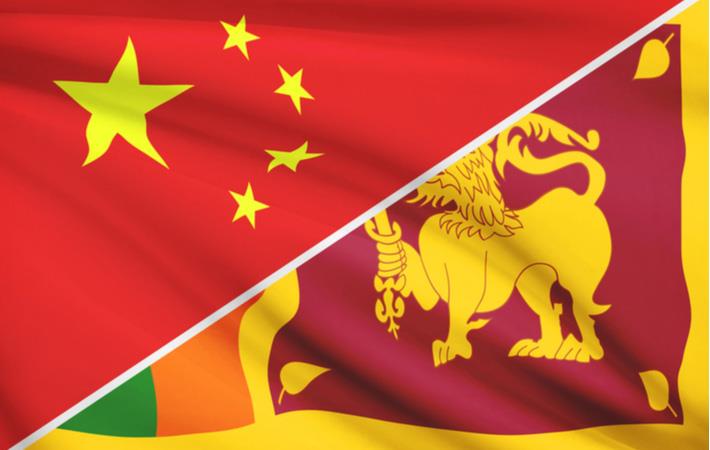Ceylon Today reliably learns that China’s Qingdao Seawin Biotech company has not produced the vital Protection of Phytosanitary Certificate to Sri Lanka and that it is the company’s mistake and not the fault of the two local fertiliser companies that opened the Letter of Credit, nor the National Plant Quarantine Services (NPQS) of the Department of Agriculture that issued a certification that the samples were contaminated.
According to a senior Ministry of Agriculture official, who requested anonymity, it is in the best interests of bilateral ties between Sri Lanka and China, as the Attorney General last week advised to resolve the dispute on trade terms acceptable to both parties.
He added that the shipment from China was deemed an illegal importation due to the lack of a valuable Protection of Phytosanitary Certificate (PPC) from the Chinese company.
The NPQS should have received the PSC of the Chinese and that has nothing to do with the LC the fertiliser companies issued as they don’t combine according, to the sources.
As a result, the National Plant Protection Organization (NPPO), which lacks the legal authority to inspect it, issued a non-compliance notice to the Chinese NPPO based on the results of the sample tests, the official revealed.
The Sri Lankan NPPO fulfilled all legal obligations under the IPPC, but the Chinese party’s NPPO was not involved in this matter because they have thorough knowledge of the IPPC’s legal obligations, according to the official.
“As a result, the supplier and Sri Lankan agent used illegal channels to resolve this dispute, relying on Chinese embassy interference in this incident. This is a violation of the IPPC, and they endanger our sovereignty,” he emphasised.
Because China is a ‘friend’ of Sri Lanka, the AG’s department has agreed to settle the matter amicably before the Court gives a decision.
Under the tender process’s compliance clause, the Chinese were chosen to supply the 20,000 tons of organic fertiliser (first batch of 99,00MT), with the lot to be sent in five consignments, the first of which sparked diplomatic wrangling between Sri Lanka and China.
The Food and Agriculture Organisation of the United Nations states that ‘all parties of the IPPC must respect the sovereignty of each country according to the Article VII which says a) prescribe and adopt phystosanitary measures concerning the importation of plants, plant products and other regulated articles, including, for example, inspection, prohibition on importation and treatment;
b) refuse entry or detain, or require treatment, destruction or removal from the territory of the contacting party of plants, plant products and other regulated articles or consignments thereof, that do not comply with the phytosanitary measures prescribed or adopted under the subparagraph(a); c) prohibit or restrict the movement of regulated pests into their territories;
d) prohibit or restrict the movement of biological control agents and other organisms.
It is purely a mistake by the Qingdao Fertiliser company for NOT obtaining the Permit for shipment too, he said. “The contaminate supply faulted the Letter of Credit (LC) payment and there is no loss for Sri Lanka as the next consignments are agreed upon and they will also be subjected to sample testing,” the official noted.


